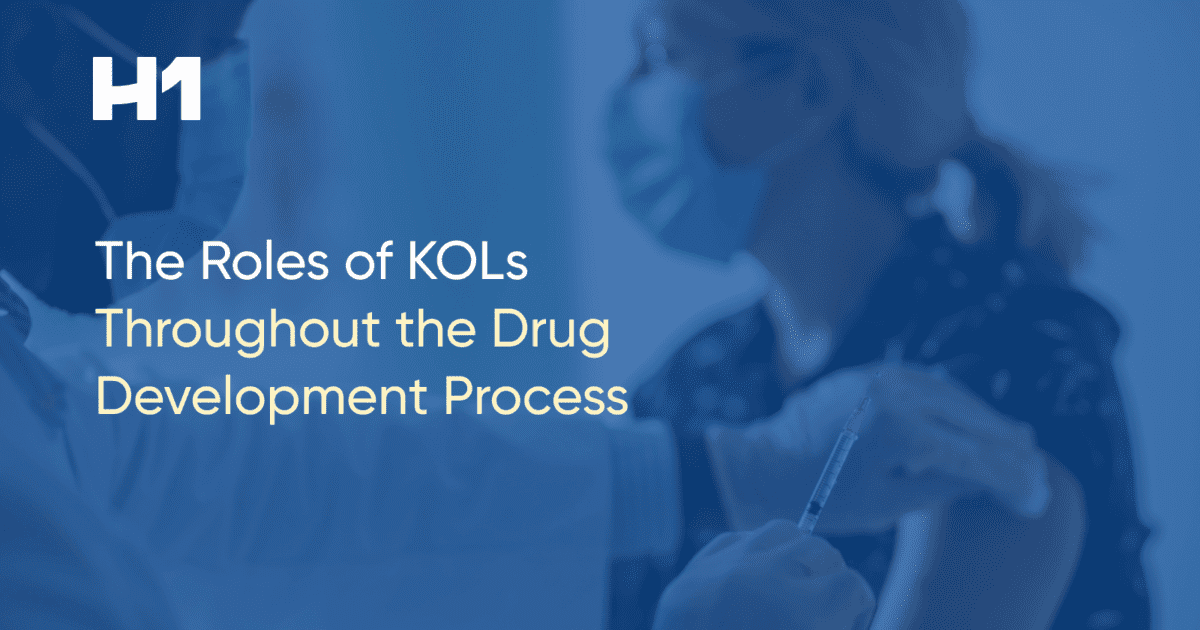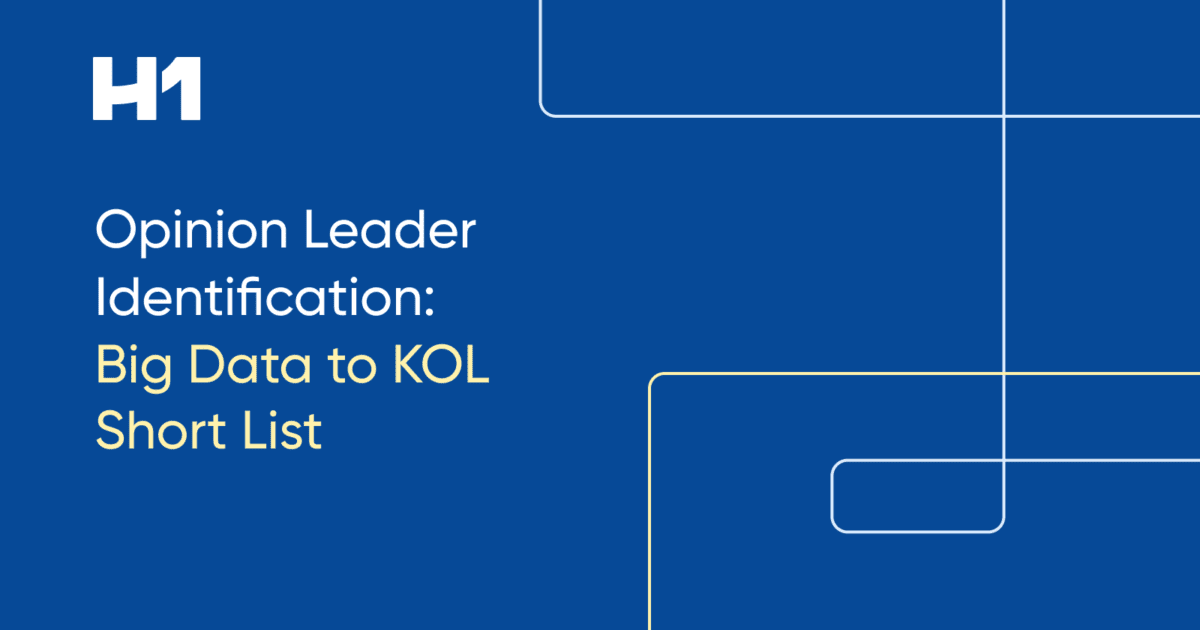The Roles of KOLs in the Drug Development Process

Key opinion leaders (KOLs) play an important role throughout the entire drug development and approval process. Most companies work with KOLs during Phases IIIa and IIIb as well as during registration and launch. KOLs, however, can provide valuable insight and feedback during the research and pre-clinical phases and throughout the early clinical phases as well.
KOLs in Research and Pre-Clinical Work
One of the most difficult but crucial tasks companies need to address early in drug discovery and development is to identify unmet medical needs that may translate into a profitable market opportunity. This process would be difficult enough when assessing current unmet medical needs and is made significantly more difficult by the fact that the assessment is for unmet medical needs that will arise a decade or so into the future – when the new drug will enter the market. Experienced KOLs can support companies in evaluating the market based on their experience and help make this critical decision which – in the case of smaller companies – may well determine their fate.
At this early stage, thought leaders can also help identify and evaluate the best discovery platforms, undertake company funded research, and provide general scientific advice based on their experience and expertise.
KOLs in Phase I and II
Few companies engage KOLs during clinical Phases I and II. Companies developing drugs addressing niche markets are generally the most likely to forego engaging KOLs during early clinical development. Companies who do work with KOLs during Phases I and II seek advice on the product profile, differentiation and labeling, as well as clinical research plans and clinical trial locations. In Phase II companies begin with assessing the current and future competitive landscape for their products and draw on the expertise of KOLs to support these efforts.
At the end of Phase II companies should begin, with the help of KOLs, to educate health care providers about the disease burden, available treatment options and unmet needs.
KOL Involvement in Late Clinical Development
The majority of companies first engage KOLs during Phase III. In this critical Phase KOLs support a number of important tasks. KOLs:
- Can provide valuable expertise in design of trial protocols
- Support patient recruitment
- Advise on the statistical analysis of the results
- Give advice on issues related to the fine balance between efficacy and risk of adverse side effects
- Help companies understand how their drug fits into patients’ treatment plans
- Provide experience-based insight into the targeted patient population, e.g. what comorbidities patients can suffer from and what other drugs they might take
- Provide information about the incidence of the target condition as well as current treatment options and unmet needs
Phase III is also the time to start educating the relevant medical community about the new drug and present the clinical results and product benefits to regulators, payers, and investors, e.g. during meetings, scientific conferences or investor calls. KOLs bring real life experience and credibility to these presentations.
Once the product has launched KOLs build product awareness, participate in medical awareness programs, and contribute to patient management programs.
To Engage KOLs Early Pays off Later
Though most companies only start working with KOLs during Phase III, data show that the best time to begin KOL engagement is about three years before launch. Building a solid working relationship with the right KOLs earlier, during drug development, can increase the likelihood of success of the drug after launch. Early on, KOLs bring deep knowledge of the therapeutic area(s) that help companies shape their products so they can meet unmet patient needs. After launch, the importance of well-known KOLs can hardly be overstated. As educators and influencers of their peers, they can significantly contribute not only to product awareness but also share valuable information based on their own experience prescribing the drug.
The relationship between a pharma company and their KOLs is long-term, identifying the right KOLs at the right time is critically important.
